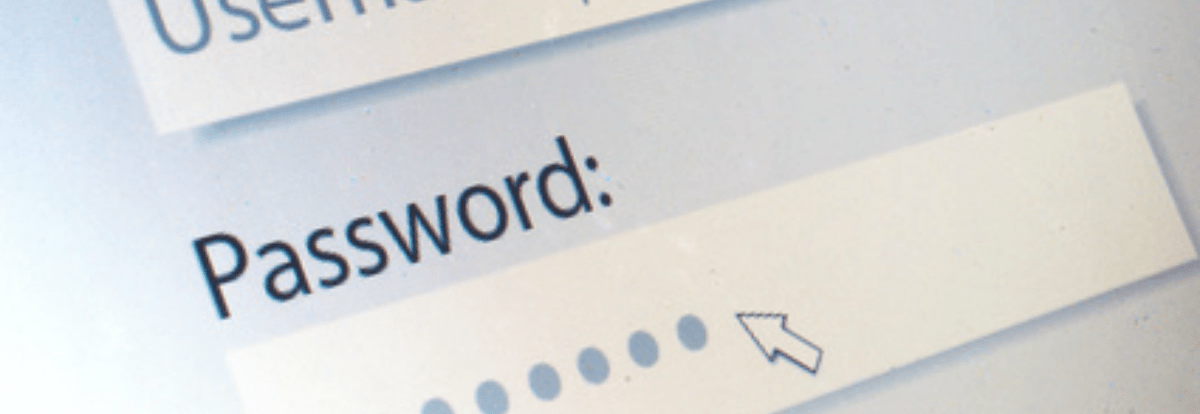Welcome To The Data Leak Lawyers Blog
We focus on the latest news surrounding data breaches, leaks and hacks plus daily internet security articles.
We focus on the latest news surrounding data breaches, leaks and hacks plus daily internet security articles.

Scams can arise from data breaches, leaks and hacks, and this is one of the additional worries and stresses that victims of privacy incidents must be vigilant about.
This is why the GDPR can entitle the victim of a data breach to claim compensation for any distress caused by the loss of control of their private information. The threat of a possible scam can be very distressing, and this can be considered as part of a legal case.
Your Lawyers, as leading Data Leak Lawyers, know all too well how badly victims of privacy breaches can be impacted. We represent thousands of people for data claims, and we have recovered over £1m in damages to date for mostly individual clients. We can help you now.

We represent thousands of people claiming data breach compensation, and a number of those involve council email data leaks that are often entirely preventable.
The team here at Your Lawyers – AKA The Data Leak Lawyers – is more than used to helping people pursue council data breach compensation cases as a leading firm of privacy claims experts. Claims against councils and local authorities are common, and you could be eligible to receive No Win, No Fee legal representation now.

Due to a number of Ministry of Justice data protection issues, it has been reported that the UK data regulator, the ICO, has now published Enforcement Action against the MoJ.
In a recent publication from the ICO (the Information Commissioner’s Office), it was confirmed that the Ministry of Justice was in contravention of vital data protection legislation. The reason cited was due to their failure to provide, with “undue delay”, copies of information for a staggering 7,753 data subjects.

Victims of massive ransomware attacks can be entitled to claim data breach compensation on a No Win, No Fee basis, and we may be able to help you now.
Your Lawyers, as Leading Data Leak Lawyers, have been fighting for justice for victims of data breaches and cybercrimes for years. Representing thousands of clients and having recovered over £1m to date for mostly individual privacy clients, we are committed to helping those who have been wronged.
The law is there to protect people from the fallout that can occur when control over private information is lost. Just because the loss has stemmed from a cyberattack does not mean that a victim cannot claim. We may be able to help you.

Outdated IT infrastructure is a major cause for people suffering when their personal information is misused or exposed, and there is no excuse. Victims can be eligible to claim compensation on a No Win, No Fee basis, and we can help.
Your Lawyers – as leading Data Leak Lawyers – represent thousands of people for claims and have won over £1m in data breach damages for mainly individual clients to date. Our experience in this complex and niche area of law speaks for itself, so when we tell you that outdated IT infrastructure is no excuse, you can trust in our advice.
If you have suffered due to the loss of control of your personal information, you could be eligible to launch a legal case with us now.

Receiving GDPR data breach notifications can be a bit of a common thing these days. I have received many, and you may have as well. You could be eligible to claim compensation as a victim of a data breach, and we may be able to help you.
Your Lawyers – The Data Leak Lawyers – is a leading, specialist firm of data breach and consumer action lawyers. We have been representing claimants for privacy cases since way back in 2014, which is a great deal longer than many of the other firms now touting for clients in this niche and complex area of law.
It pays to be careful who you instruct, as we know of other firms who have under settled cases quickly and cheaply, which can leave victims out of pocket and unable to achieve true justice. Our average data breach compensation pay-out for damages alone is in the £6,000 region, and we will always fight for the maximum pay-out for you.

Government data protection breaches can lead to incredibly personal and sensitive information being exposed. The government is not above the law and they can be held accountable, and victims of a data breach can be eligible to claim data breach compensation.
Victims can suffer from considerable distress when personal and sensitive information is misused or exposed. The law can entitle victims to receive damages for any distress that they have suffered from, and our job is to fight for the rights of the victims in pursuing justice.
You can speak to the team here now for free, no-obligation advice.

Victims suffering from distress that arises from the unauthorised access of medical records can be entitled to claim medical data breach compensation now on a No Win, No Fee basis.
Medical data breach cases are some of the most significant that we represent people for as the impact on the victims can often be very severe. Of the thousands of people that we represent as a leading firm of data breach and consumer action lawyers, we truly understand the significant impact on victims when this kind of event happens.
The team here at Your Lawyers is here for you now – you can speak to our expert team for free, no-obligation advice here now.

Safestyle UK cyberattack: media reports say a ransomware attack could affect some 400,000 customers, with hackers demanding 4m pounds in Bitcoin.
We look to be in the midst of yet another major cyberattack here in the UK. Safestyle looks to be joining the long list of other companies that include TalkTalk, Equifax, British Airways, Ticketmaster, easyJet, and others who have been involved in events where personal information has been exposed.
We represent thousands of clients for privacy breach cases, including against the companies named above. We are now closely monitoring developments in this latest cyberattack that has been announced over last weekend.

When private medical information is exposed or misused, the impact on the victim can be substantial. This is why it is important to claim data breach compensation as a victim of this kind of event.
Whether it is a singular case where someone has leaked your clinical data, or perhaps where your medical records have been snooped on by someone, we may be able to help you. Or, if you are a part of a wider event that has affected many people, we can help as pioneers of data group and multi-party actions. We have launched over 50 of them to date, representing thousands of victims for cases.
Your Lawyers – The original Data Leak Lawyers – is a leading firm of privacy compensation experts that has recovered over £1m in damages to date for mostly individual claimants since 2014. We want to help you if your private information has been misused or exposed, and we are here for you now.
Fill out our quick call back form below and we'll contact you when you're ready to talk to us.